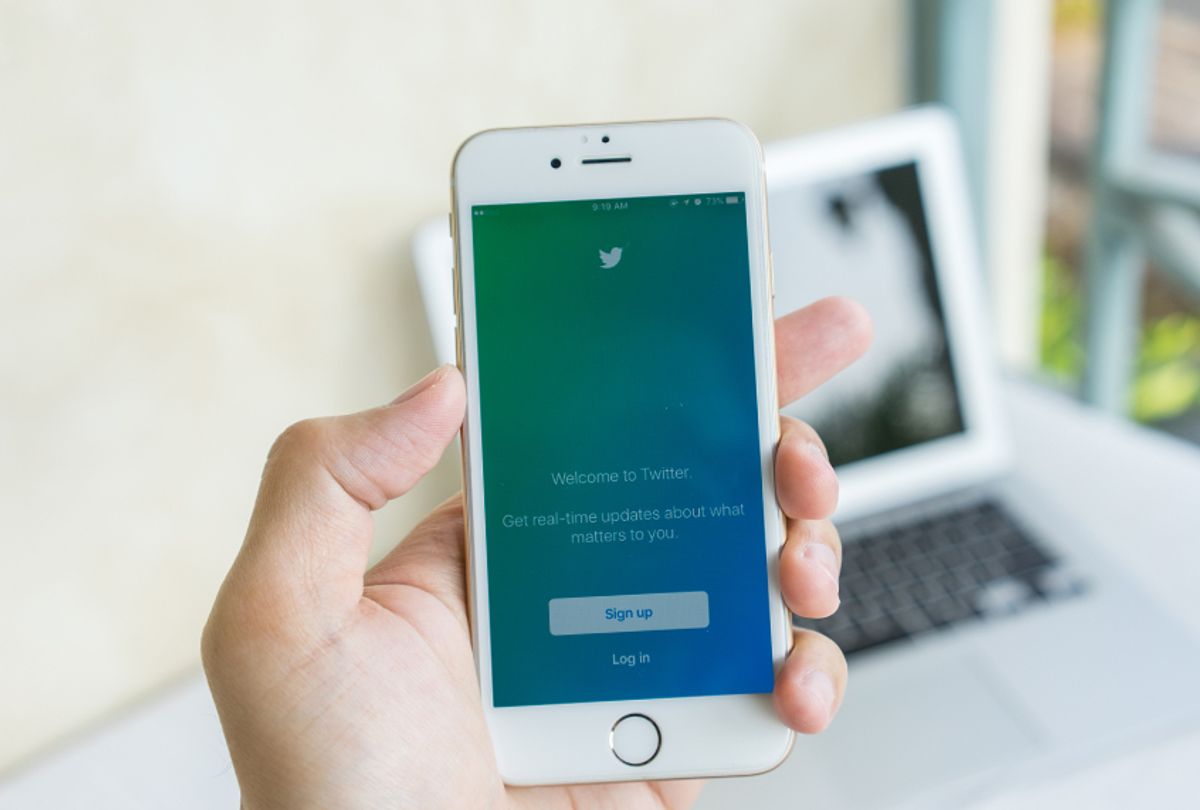Twitter has become a political battlefield, where users with opposing views frequently engage in digital turf wars. While many subjects of liberal democracies earnestly believe that being exposed to opposing political perspectives can be enlightening and promote mutual understanding, a new study suggests it may actually have the reverse effect.
Indeed, a group of researchers found in a study — approved by the Institutional Review Boards at Duke University and New York University — that when a Republican followed a liberal Twitter bot perpetuating liberal propaganda, the Republican became “substantially” more conservative. When a Democrat followed a conservative Twitter bot, the Democrat became “slightly” more liberal.
The study’s final sample size examined 691 self-identified Democrats and 529 self-identified Republicans who visited Twitter at least three times a week. Those who participated in the study were given financial incentives to follow a Twitter bot for one month that exposed them to messages from leaders and organizations with political ideologies that conflicted with their own. Participants were surveyed at the beginning of the month, and then they were re-surveyed at the end of the month to measure the effect of the exposure to opposing political views.
“Our study indicates that well-intentioned attempts to introduce people to opposing political views on social media might not only be ineffective, but counter-productive—particularly if they are initiated by Democrats,” the study states. “Future attempts to reduce political polarization on social media will require learning which types of messages, tactics, or issue positions are most likely to create backfire effects and whether others — perhaps delivered by non-elites or in offline settings — might be more effective vehicles to bridge America’s partisan divides.”
Read: any attempt to reason with a conservative on Twitter is only going to make that person more conservative. And likely vice-versa with a liberal (though perhaps to a lesser extent). In other words, don't waste your time arguing on Twitter.
The study has important implications for policymakers, and raises bigger questions about the role Twitter plays in politics. If Twitter really is just an echo chamber for each side, is it worth expressing political views on the platform?
The findings also provide fodder for the notion that social media is an ideal platform for bots to deepen the political divide by sowing Twitter with partisan misinformation. One wonders if the Kremlin-backed Internet Research Agency, indicted by a federal grand jury on charges of conspiracy to defraud the United States in February, had a hunch about this backfire effect hypothesis.
Recall that Russian-backed groups weren't merely supporting Trump campaigns and anti-Hillary groups. They allegedly also worked to organize support for Clinton’s Democratic opponent, Bernie Sanders, as part of a larger strategy to sow political discord in the United States.
If this study’s findings prove accurate, perhaps many of us social media users are guilty of helping to widen the partisan gap by sharing political content.

Shares